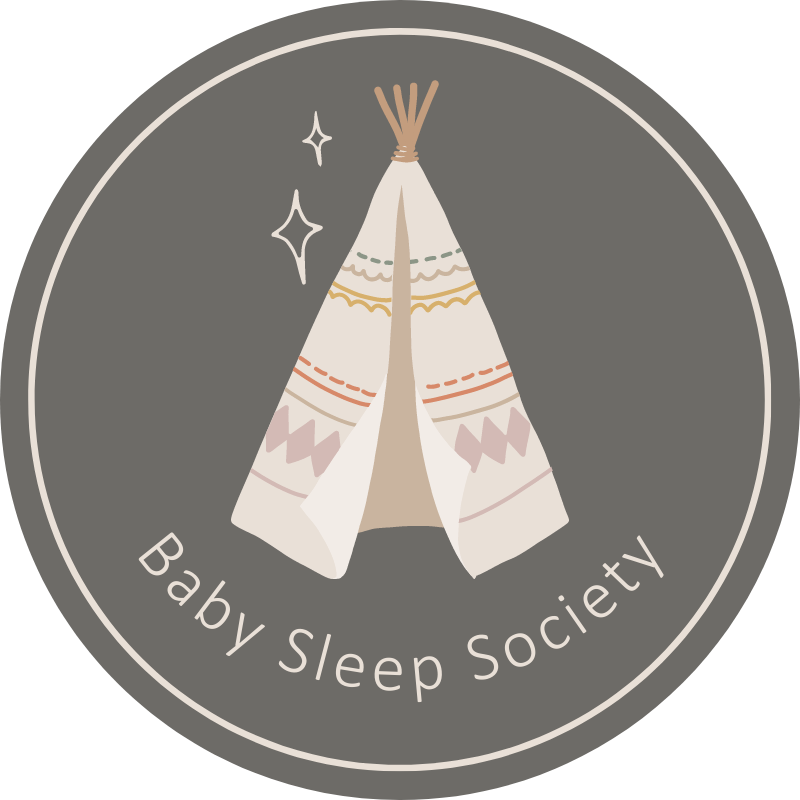Positive Bedroom Association
Call us holistic sleep consultants or call us private investigators! Our aim is to try and find out any possible aspect of your child’s life that might be deterring them from sleep and introduce gentle and positive changes to work towards better sleep. Often, it’s not just one thing impacting sleep but a combination of factors and by adjusting multiple things across different facets of your life sleep will naturally and gently improve. One of these things can be the relationship your little one has with their bedroom or sleep space. Whether they are co-sleeping, sleeping in a crib in parents’ bedroom, in their own bedroom or sharing with a sibling, there might be some anxieties around how they feel in this space. This might manifest in resistance to go into the bedroom, especially as bedtime approaches, or a desire to leave it regularly throughout the night.
If you are concerned that your little one doesn’t have a positive association with their bedroom, then try some of our tips below:
Try to spend some more non-sleep time in your child’s bedroom during the day if not already doing so. Make sure its bright and the curtains are open. Spend 30-60 minutes a day doing this. Don’t leave your child alone during this non-sleep time and carry out activities such as changing, dressing and playing so that they understand that it is a welcoming and safe place to be.
There is sometimes concern that this may make children think that rooms are for playing (after bedtime!), but the environment that you make it for sleep time is very different.
If your child is open to it, you could sit them in their cot or bed and play or read books with them during this non-sleep time.
If your child is a bit older you could have them choose new bedding or choose the toys they wish to sit on their beds. They could help to decide how their bedroom is organised (making sure you follow bedroom safety guidance as set out by the Lullaby Trust https://www.lullabytrust.org.uk).
Make the bedtime routine calm and cosy in their bedroom. Dim the lights, put the white noise on or some lullabies.
Try to avoid putting children in their bedrooms if they have been naughty. This form of punishment will only reinforce that their bedroom is a negative place to be.
For older children ask them what is causing their scared feeling. It could be shadows at night caused by toys (which you could move). It could be monsters under the bed in which case clear out any clutter underneath the bed. It helps to have a very tidy, uncluttered room before sleep.
We know we bang on about a dark room for sleep, but a red or amber night light might help a child who is fearful of their bedroom.
Change won’t happen overnight and often it will take time to build up confidence. Empower them to build those coping mechanisms and slowly encourage independent sleeping along the way.
Comment below if you’ll try some of these tips.

